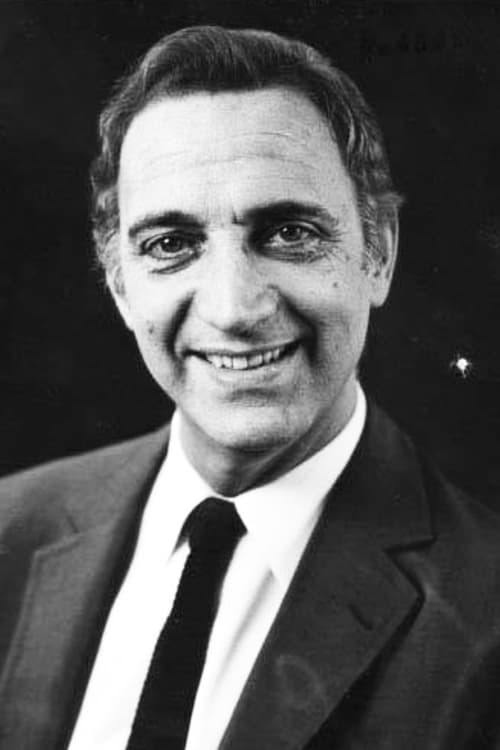
Nuestros safaris
Watch Movie
Share
Cast & Crew
4 members
Acting
Ernesto Bianco
Unknown Role

Acting
Silvia Schwartz
Unknown Role
No Image
Acting
Desiderio Monzón
Unknown Role
No Image
Acting
Hugo Vivani
Unknown Role
No Image

Unknown Role

Unknown Role
Unknown Role
Unknown Role